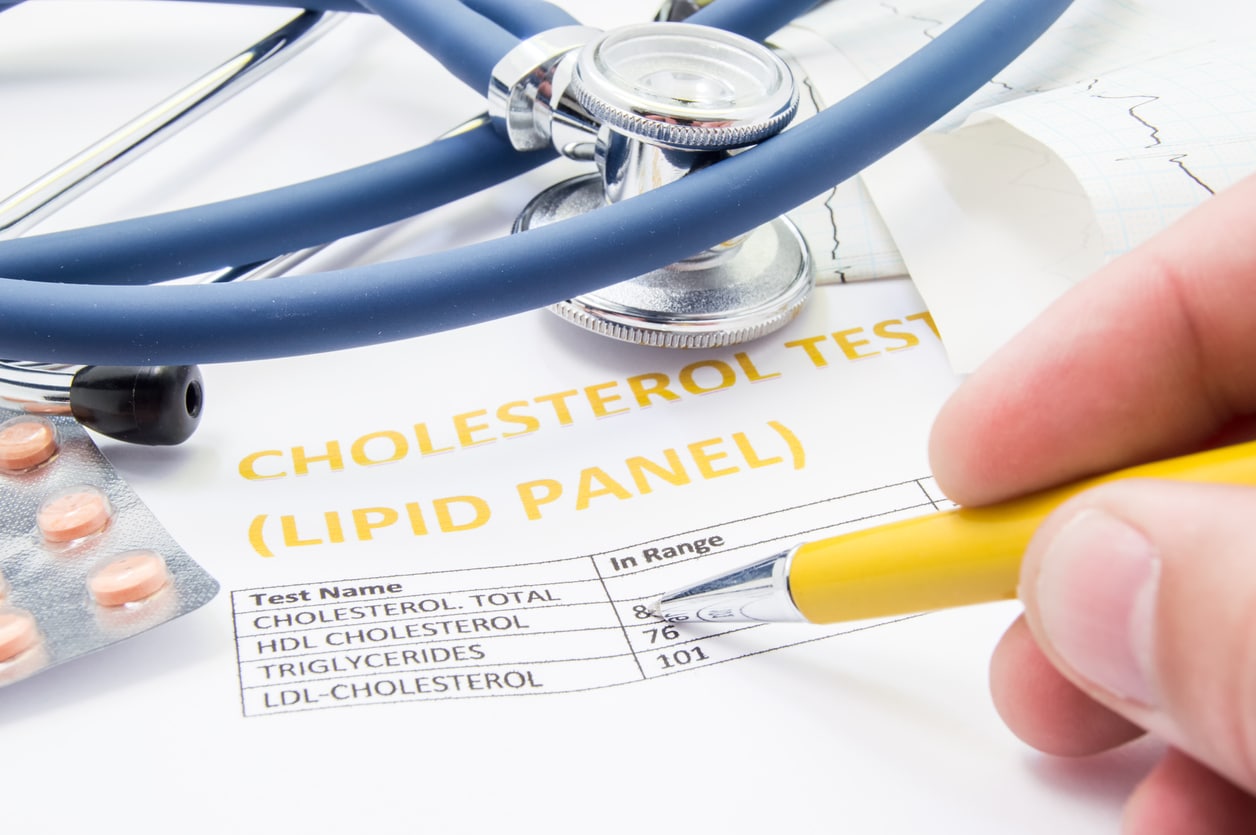National Cholesterol Education Month
Cholesterol is a waxy, fat-like substance made in the liver that travels through the bloodstream and is part of all the cells in the body. It is used to make cell membranes and some hormones. When you have extra bad cholesterol (LDL) in your blood, it builds up inside the walls of your heart’s arteries (blood vessels). It narrows arteries and reduces, or even stops, the blood flow. This can cause a heart attack, stroke, or other serious heart disease. “Good” cholesterol (HDL), on the other hand, protects against heart attacks.
- Desirable Total Cholesterol: <200
- Optimal HDL: ≥60
- Optimal LDL: <100
The Importance of Knowing Your Numbers
As stated by the Centers for Disease Control and Prevention (CDC), heart disease is the number one leading cause of death in the U.S. About 697,000 people in the United States died from heart disease in 2020, that’s 1 in every 5 deaths and the numbers are only continuing to rise. High blood cholesterol is one of the top three major risk factors for heart disease. The CDC estimates that 71 million American adults have high LDL cholesterol, yet fewer than half get treatment. The main reason is that many people do not have symptoms until it is too late. That is why National Cholesterol Education Month is an essential observance.
One of the most important goals of this observance is to encourage all adults to know their numbers. Knowledge is power, especially when it comes to your health. Getting regular biometric screenings allows you to know your cholesterol numbers, but also your BMI, blood pressure, and more. Once you know these numbers, any necessary lifestyle changes can be made to improve your overall health and prevent heart disease.
Creating a Heart Healthy Diet
Your body, specifically your liver, makes all the cholesterol you need. The rest comes from what you eat, which is why eating a healthy and balanced diet is one of the best ways to maintain healthy cholesterol. Studies have shown that a heart healthy diet helps reduce total and LDL-cholesterol levels, as well as lower blood pressure, blood sugars, and triglycerides, and reduce body weight. Start by consulting a nutritionist or your doctor to learn how many calories you should be eating and drinking to maintain or lose weight so you can create a plan that works best for your body and needs. From there, here are some tips on creating a heart healthy diet:
- Swap out saturated and trans fats for poly- and monounsaturated fats
- Increase your fruit and vegetable intake to meet the recommended 5 servings a day
- Ensure half your total grain intake comes from whole grains.
- Choose lean proteins that come from poultry, fish or seafood, and even plant-based protein from legumes and nuts
- Use liquid, non-tropical vegetable oils such as olive or avocado oil
- Minimize processed foods as much as possible
- Monitor your sugar and salt intake
- Limit alcohol consumption
To learn more about cholesterol and how to manage it, click here!




